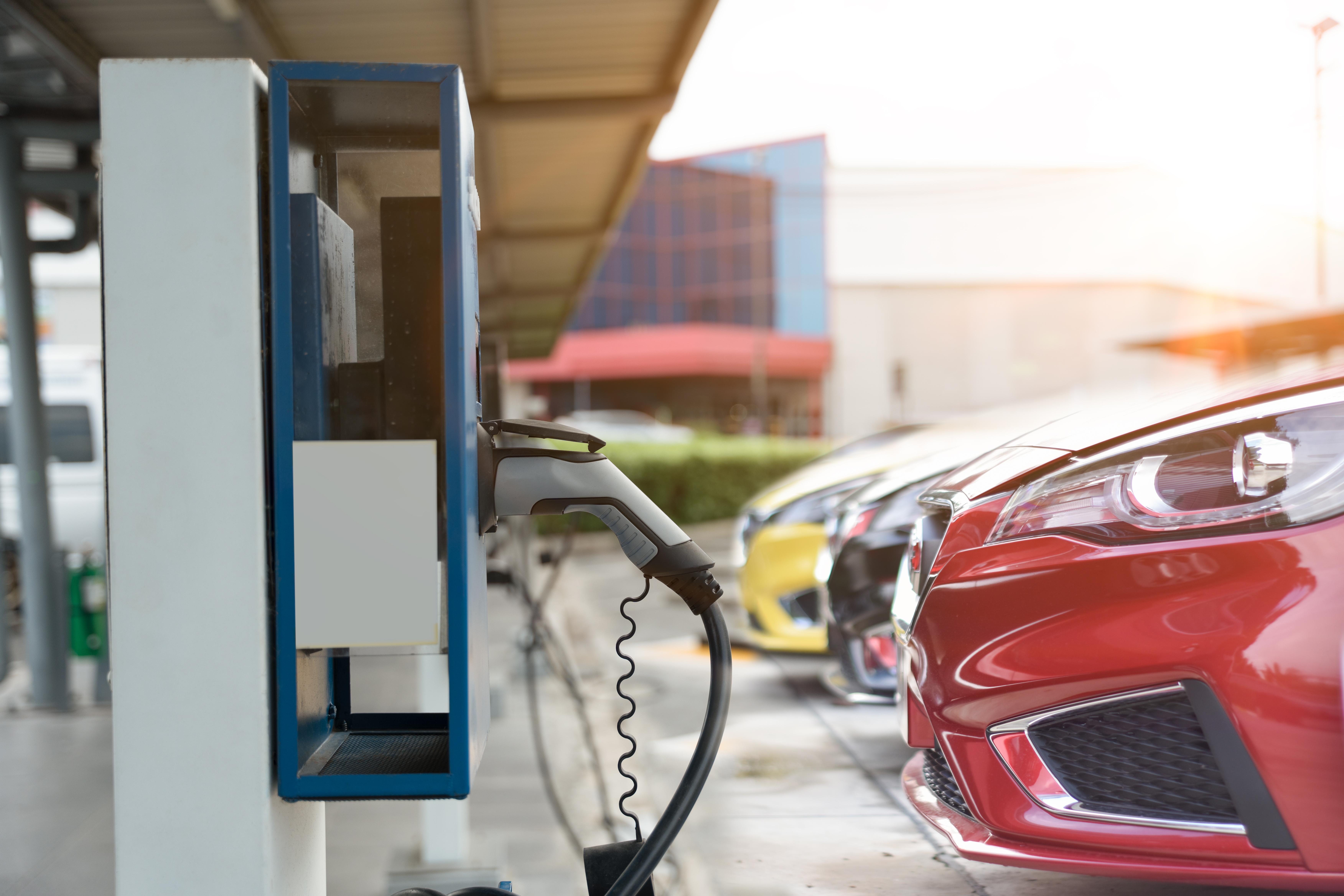China's State Council Proposes Extension of NEV Car Incentives to Boost Consumer Demand
Published: 6.8.2023
China's State Council has put forth a proposal urging the extension of incentives for new-energy vehicles (NEVs) in an effort to stimulate consumer demand. Currently, NEVs priced below 300,000 yuan ($42,400) have been exempt from paying a 10% purchase tax since 2014. However, this incentive is set to expire at the end of 2023. To further support the growth of the NEV market, the State Council is suggesting a four-year extension of this tax exemption incentive.

The proposal aims to sustain the positive momentum that the NEV market has gained in recent years. The tax exemption has played a crucial role in encouraging consumers to adopt electric vehicles by making them more affordable. By extending this incentive, the government seeks to provide a stable and supportive environment for the NEV industry, ensuring continued growth and market expansion.
The NEV market in China has witnessed significant progress in recent years, driven by government policies and technological advancements. The country has become the world's largest market for electric vehicles, with a strong focus on reducing carbon emissions and promoting sustainable transportation.
The proposed extension of NEV car incentives reflects the government's commitment to fostering a greener automotive industry and reducing dependence on fossil fuels. By encouraging the adoption of electric vehicles, China aims to address environmental concerns, improve air quality, and drive innovation in the automotive sector.
If approved, the extension of the tax exemption for NEVs priced below 300,000 yuan will provide consumers with continued financial incentives, making electric vehicles more accessible and appealing. This is expected to further boost consumer confidence and drive increased demand for NEVs in the Chinese market.
The government's support for the NEV sector goes beyond tax incentives. China has been actively expanding its charging infrastructure network, which has been crucial in addressing concerns related to range anxiety. The availability of a robust charging network across the country has been instrumental in increasing consumer acceptance and facilitating the widespread adoption of electric vehicles.
The proposal by the State Council marks a significant step toward the long-term sustainability and growth of the NEV market in China. The extension of incentives will not only benefit consumers but also drive investments and innovations in the automotive industry, ultimately contributing to a cleaner and more sustainable transportation ecosystem.
As the proposal undergoes review and consideration, industry stakeholders and consumers alike will be eagerly awaiting the decision, as it will have a profound impact on the future of electric vehicle adoption in China.


.png)


